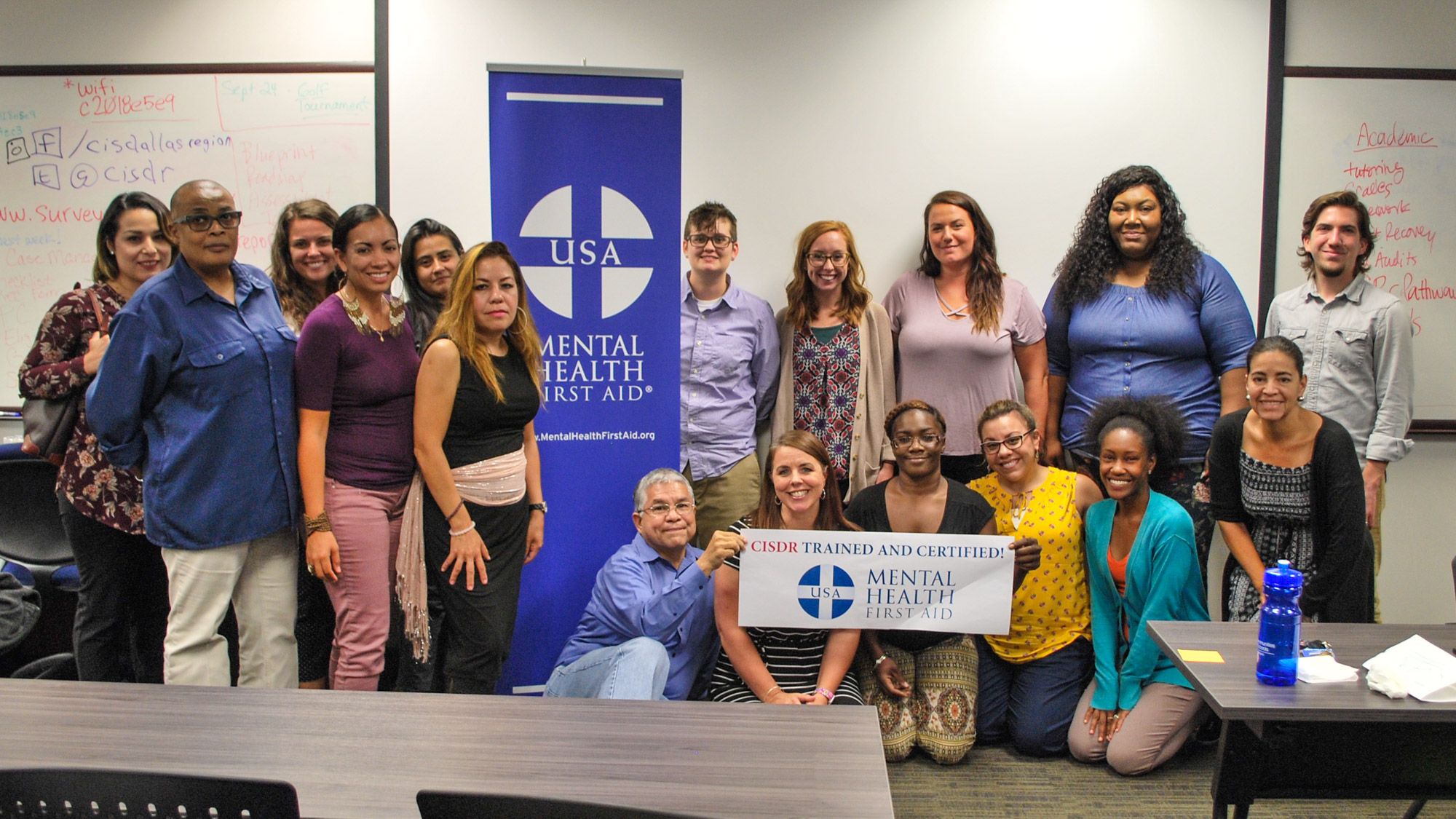About 160 chimpanzees kept at a University of Texas animal research facility are slated for retirement at a federally funded sanctuary in Louisiana as part of the National Institutes of Health's recent decision to end almost all medical research on the apes.
The NIH's decision to phase out medical testing on chimps, save for in a few cases in which the animals are indispensable, was made because new research methods made using the animals unnecessary.
Chris Abee, the director of the university's M.D. Anderson Cancer Center's animal research facility in Bastrop, opposes the plan to move the chimps to the Louisiana sanctuary. He told the Houston Chronicle that the research center would provide better care for the retired animals and that moving them would disrupt their social groups.
The decision to move the primates to Louisiana isn't final and NIH officials have said it could take years to happen.
Kathleen Conlee, the president for animal research Humane Society, which has pushed for the retirement of chimps to a federal sanctuary, said she thinks the retired chimps shouldn't continue being kept at a lab.
The center's Keeling Center for Comparative Medicine and Research, which was founded in 1975, is a continuous recipient of federal funding. It spends about $17,000 a year on each chimp and devotes about 12 of its 381 acres to the animals, including open-air corrals and geodesic domes in which the chimps can play and forage.
The center's chimps are from 11 to 51 years old and come from all sorts of backgrounds. Some were pets, others were used to perform in circuses and about 100 of them were born at the research center, mostly in the 1980's when the government encouraged chimp reproduction because it was believed they could be used in AIDS research. The idea was abandoned after it was shown, at least on tests done at the time, that apes did not develop the disease after being infected with their species' equivalent of HIV.
Local
The latest news from around North Texas.
Abee said apes have been crucial to research and development of hepatitis vaccines.
"We wouldn't have a vaccine for Hepatitis B without chimpanzees," Abee told the newspaper. "Our best hope for a Hepatitis C vaccine is chimpanzees since there's no other animal model for it. If a loved one of yours is one of the 15,000 people in the United States who die annually of Hepatitis C, the research might be more important to you."
A small percentage of Keeling's chimps at one point were infected with hepatitis C. However, Abee said the center's veterinary care involves issues of aging - arthritis, heart disease - not any effects of research. He said the chimps are the subjects only of studies observing their behavior.
Before the chimps could be moved to the Louisiana sanctuary, Chimp Haven, it would have to be expanded. That could take years, said NIH program director Jim Anderson. "There are a lot of options to be considered."
The NIH's decision to retire the chimps to Louisiana will affect about 50 employees at the Keeling center. With about 1,000 rhesus monkeys, 530 squirrel monkeys, 350 owl monkeys, sheep, geese and mice, the center will remain open for the foreseeable future.



